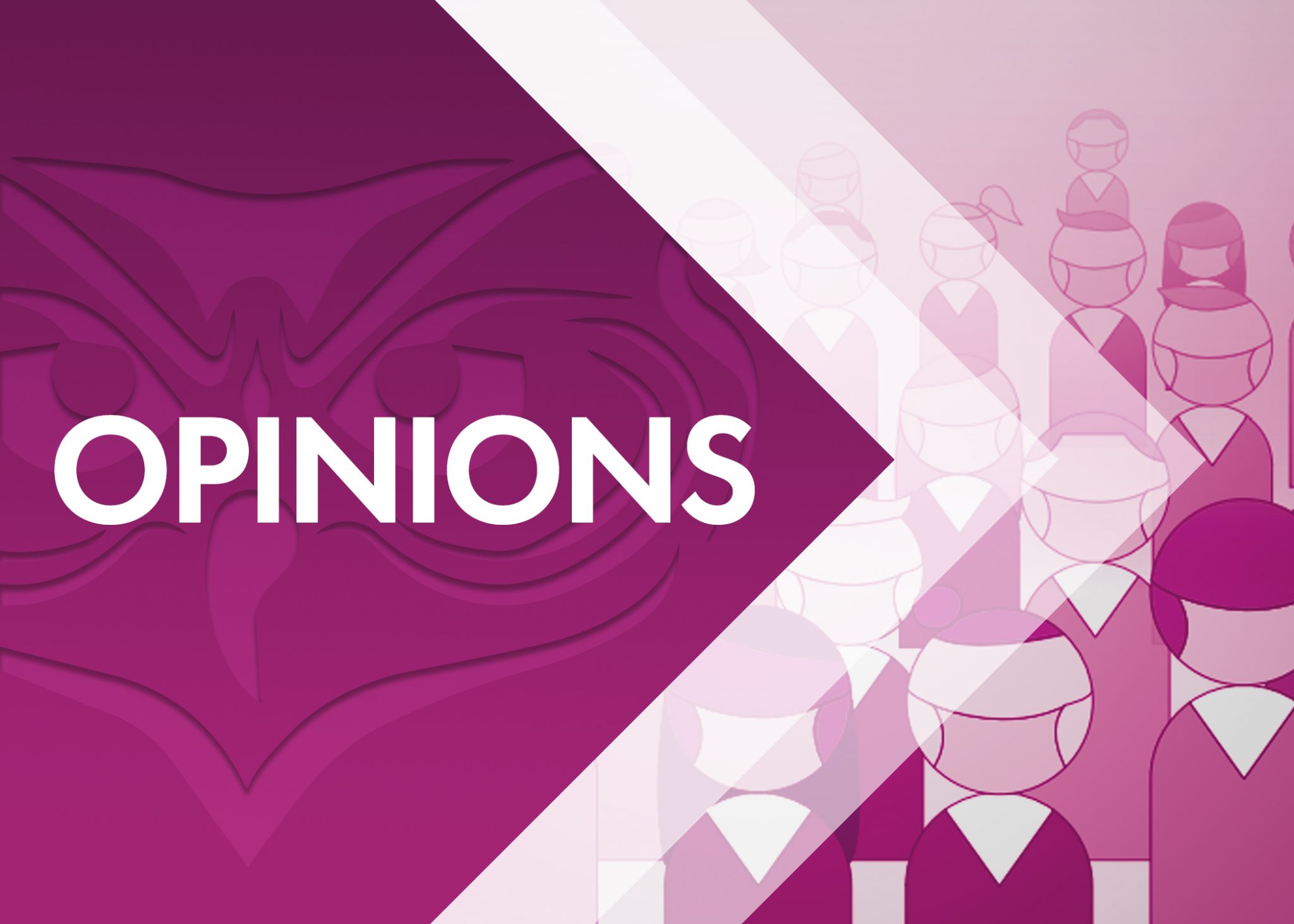Unmasking Anti-Choice Rhetoric
Vinitha Jayaprakasan & Ragini Bordoloi, CommonHealth, India
“Abortion is an ocean of endless Sorrow”
“Do not abort the innocent unborn”
“Pro-Science. Pro-Woman. Pro-Life.”
Over 150 to 200 individuals gathered at Delhi’s Jantar Mantar to protest the Medical Termination of Pregnancy (MTP) Act on its 50th anniversary in 2022. The protest, led by young activists and religious groups from Goa, Kerala, Delhi, and Maharashtra, marked the start of anticipated anti-choice demonstrations. Following the U.S. Supreme Court’s June 2022 decision to overturn Roe v. Wade, global anti-gender and anti-rights movements gained momentum. This was fuelled by rising right-wing populism and declining support for human rights and created a supportive environment for transnational alliances, including in India. Alongside the “March for Life” protest, the group Cry for Life filed a petition with the Kerala High Court challenging the MTP Act. Although initially dismissed, the case was appealed to the Supreme Court.

March for Life, 2023
Opposition to sexual and reproductive health and rights (SRHR), particularly regarding abortion, has long persisted in India. However, to gauge whether this recent surge represents a coordinated and calculated effort, warranting scrutiny and concern, CommonHealth embarked on studies examining both the digital landscape and grassroots community dynamics. A media scoping study identified at least eight anti-choice entities shaping public opinion against abortion in India. Predominantly led by religious institutions, particularly Christian missionaries, some of these organizations have international connections, indicating broader transnational influence. They focus on promoting the rights of the foetus and have strategically adopted a human rights framework to bolster their anti-abortion stance, similar to strategies seen in the Global North. These groups argue that life begins at conception, framing abortion as a violation of foetal rights.
Additionally, certain organizations have strategically incorporated disability rights into their discourse, accentuating the value and dignity of every life, irrespective of disabilities. They use emotive narratives to humanize the foetus and share success stories of privileged, English-speaking couples who chose to continue their pregnancies. However, their discourse often neglects the core issues of disability rights, despite borrowing from this movement’s principles of inclusivity and equality.
Social media platforms have become fertile grounds for the dissemination of misinformation concerning SRHR, including pseudo-scientific claims about abortion’s risks. One organization’s website falsely links abortion to increased breast cancer risk, decreased fertility, developmental issues or disabilities in children, and various health conditions such as menstrual disorders, backaches, and cervical and ovarian cancer. By using medical professionals as spokespersons, these claims gain undue credibility and instill fear and doubt surrounding decisions related to abortion. In Kerala, CommonHealth members have reported a rise in such misinformation, prompting calls for increased efforts from SRHR advocates to counteract it with factual information.
In Kerala and the North-eastern states, anti-choice accounts have also propagated hate speech and violence against the transgender and queer communities, leading to the translation of online hostility into real-world discrimination and violence. Furthermore, it is troubling to observe that anti-choice organizations have been effectively brainwashing and increasing support from the younger demographic. They achieve this by conducting workshops in schools and colleges and organizing memorial services for what they term the ‘unborn children’. These entities manipulate data, such as the findings from the Global Lancet study reporting 15.6 million abortions, equating it to the murder of unborn children. This deliberate misinterpretation serves to further their agenda and influence impressionable minds, perpetuating misconceptions and stigmatizing abortion. On social media, these groups glorify pregnancy and demonize abortion, creating stigma and misinformation that hinder access to essential reproductive health services and support.
Systemic gaps further contribute to the proliferation of anti-choice narratives. Initiatives such as PCPNDT and ‘Beti Bachao, Beti Padhao’, which are actually around deterring sex selection and son preference have unwittingly contributed to the demonization of abortion, further exacerbating the stigma surrounding the procedure. The lack of support within the health system leads to challenges such as doctors charging exorbitant fees or refusing services, especially affecting vulnerable populations. Participants in regional meetings have reported instances of private doctors charging Rs 3500 for a medical abortion and as much as Rs 45000 for a surgical abortion. Furthermore, gynaecologists are reportedly hesitant to provide abortion services, even for rape survivors, reflecting a broader reluctance within the medical community to openly support abortion access. In many cases, doctors demand additional payment to provide these services, further obstructing access to safe and legal abortion care. Recent court rulings incorporating foetal rights language add to these concerns.
On this International Day of Action for Women’s Health, it is imperative to prioritize advocacy for universal access to safe abortion. Amidst escalating anti-choice narratives, centering abortion in discussions on sexual and reproductive health and rights (SRHR) in both discourse and policymaking is crucial. The prevailing narrative that stigmatizes abortion as shameful and sinful, impeding pregnant individuals from exercising their reproductive autonomy, must be vigorously challenged. It is essential to reconceptualise abortion as a life-saving decision that can yield positive outcomes for those who undergo it.
Lastly, feminist movement spaces need to adopt targeted strategies to elevate the voices and experiences of marginalized groups that are disproportionately impacted by anti-choice discourse. This includes queer individuals, caste and religious minorities, sex workers, people with disabilities, and young unmarried individuals. By centering the narratives of these marginalized communities, the feminist movement can effectively advocate for inclusive and equitable access to safe abortion for all, and mobilize them in critical times of threats and opportunities.
